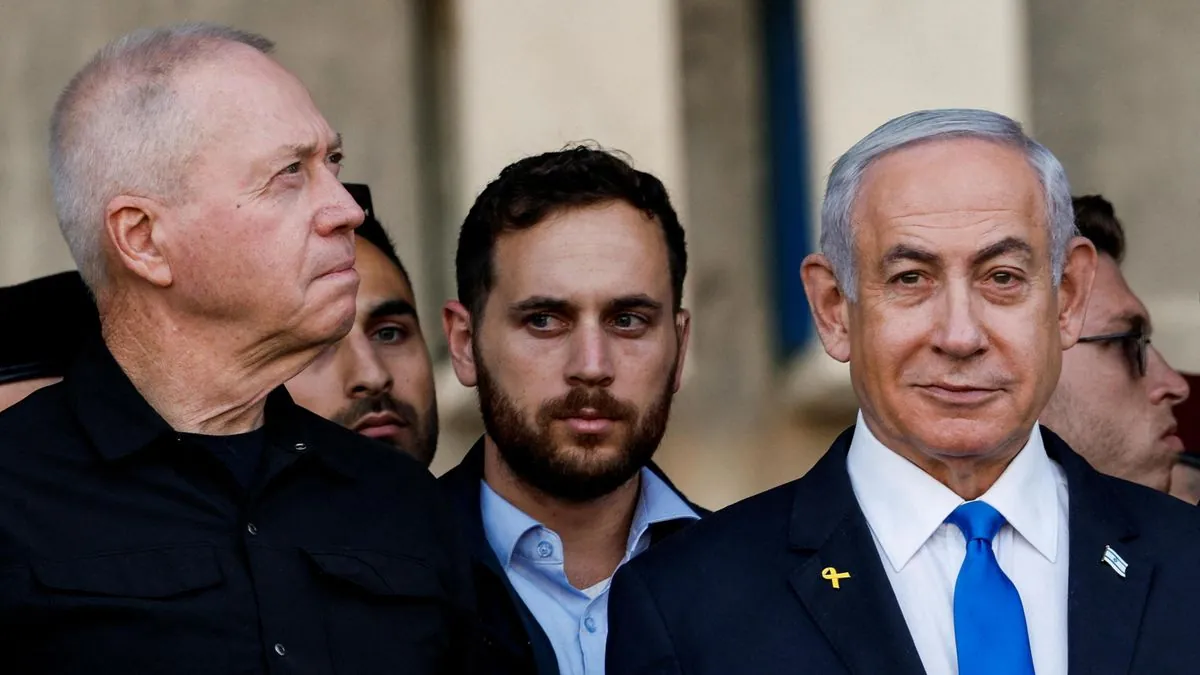Netanyahu's sudden defense minister change raises questions about US relations
In a sudden move Israeli PM fired his defense minister right after US election results. This decision might affect critical US-Israel cooperation during upcoming months of administration change

Benjamin Netanyahuʼs choice to remove Defense Minister Yoav Gallant comes at a time when US-Israel ties need careful handling; the move happened right as the presidential election results came in
The short-term effects of this decision might be tough: with about 2-and-a-half months till Jan 20th administration switch – Israel faces multi-front challenges (including recent threats from Iran) and needs quick US military support. The outgoing administration which hasnʼt been too happy with Netanyahuʼs actions during past year might use its remaining time to push-back
Historyʼs greatest comeback
Donald Trumpʼs win doesnt guarantee smooth sailing for Israel: the president-elect already talked about ending not winning conflicts in Gaza and Lebanon; his running mate J.D. Vance made it clear that war with Iran isnt on their to-do list
The real story behind Gallantʼs removal isnt about war management but rather about internal politics. Hereʼs what led to this decision:
- Ultra-Orthodox draft exemption issues after recent court ruling
- Day-care subsidy rules changes to help draft-dodgers
- Gallantʼs opposition to these changes
- Coalition stability concerns
The timing creates a leadership gap – Israel Katz‚ the new defense minister lacks security experience which is crucial as Israel deals with:
- Active conflict in Gaza
- Hezbollah actions in Lebanon
- Houthi threats from Yemen
- Growing tension with Iran
This shift happens when public trust in war leadership is shaky: while many saw Gallant as effective Netanyahuʼs decisions often seemed politically-motivated. Now heʼs got full control of military decisions but faces growing pressure from both domestic and international sides





























